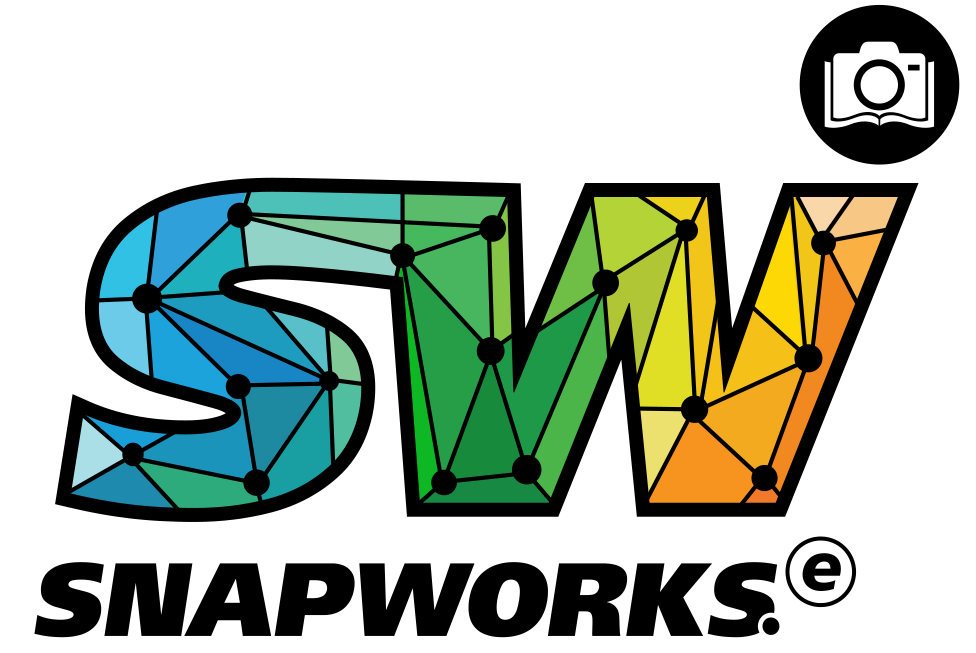In the rapidly evolving landscape of education, schools are constantly seeking innovative ways to streamline administrative tasks, enhance communication, and improve overall efficiency. One of the most significant advancements in this regard is the implementation of School Management Systems (SMS). These comprehensive digital platforms have revolutionized the way educational institutions are managed, benefiting both educators and students. In this article, we’ll explore the key features and benefits of a school management system and how it is reshaping the educational landscape.
What is a School Management System?
A School Management System is an integrated software platform that automates and centralizes various administrative, academic, and communication tasks within a school. These systems are designed to simplify the management of day-to-day operations, ranging from student enrollment and attendance tracking to grade management and communication with parents. SMS encompasses various modules that work together to ensure the smooth functioning of educational institutions.
Key Features and Benefits:
- Efficient Administration: School management systems digitize administrative tasks, reducing paperwork and manual data entry. This leads to more efficient record-keeping, which, in turn, saves time and resources.
- Student Information Management: SMS provides a centralized database for student information, making it easy to access and update student records, track attendance, and manage admissions.
- Academic Management: Teachers can use SMS to record grades, generate report cards, and create academic schedules. This module promotes transparency and accountability in the evaluation process.
- Communication: SMS facilitates seamless communication between teachers, parents, and students through a dedicated portal. Announcements, homework assignments, and progress reports can be easily shared with the click of a button.
- Financial Management: School finances including fee collection are simplified and made more transparent with the help of SMS.
- Timetable and Resource Scheduling: Schools can create and manage class schedules and allocate resources efficiently, minimizing conflicts and maximizing classroom utilization.
- Scurity: Many SMS platforms have robust security features to protect sensitive student data and ensure privacy compliance.
Benefits to Stakeholders:
- Educators: Teachers benefit from reduced administrative burdens, allowing them to focus on teaching. They also have easy access to student data, improving their ability to tailor instruction to individual needs.
- Students: A well-managed school results in a more organized learning environment. Students and parents have access to real-time academic and attendance information.
- Parents: Parents appreciate the enhanced communication with teachers and the ability to stay informed about their child’s progress and school-related activities.
- Administrators: SMS provides administrators with the tools to make data-driven decisions, streamline operations, and allocate resources effectively.
- Financial Efficiency: Schools can achieve cost savings through reduced paperwork, improved resource management, and accurate financial tracking.
- Scalability: SMS can adapt to the needs of small or large educational institutions, making it a scalable solution for schools.
In conclusion, the implementation of a School Management System is a significant leap forward in the modernization of education. These systems are not only making school operations more efficient but are also enhancing the educational experience for students, teachers, and parents. As the digital era continues to shape education, SMS is an indispensable tool for schools seeking to stay competitive and provide a high-quality learning environment.

